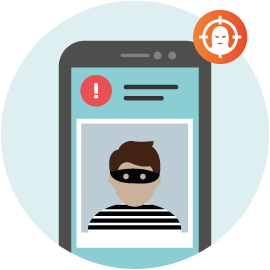Dental phobia, also known as dentophobia or odontophobia, is a common condition characterized by intense fear or anxiety related to dental visits and procedures. This fear can be so paralyzing that it prevents individuals from seeking essential dental care, leading to deteriorating oral health. In this article, we will explore dental phobia, its causes, and strategies to overcome the fear of visits of a dental clinic in Abu Dhabi.
Understanding the causes:
Previous traumatic experiences:
One of the most common causes of dental phobia is a negative experience during a previous dental visit, such as pain, discomfort, or a perceived lack of empathy from the dentist.
Fear of pain:
Many individuals associate dental procedures with pain, even though modern dentistry has made significant advancements in minimizing discomfort.
Fear of loss of control:
Some people feel vulnerable and out of control while sitting in the dental chair, which can trigger anxiety.
Embarrassment or shame:
People who have neglected their oral health due to dental phobia may feel embarrassed about the state of their teeth and fear judgment from dental professionals.
Fear of needles or instruments:
The sight of dental instruments or needles can induce fear in some individuals.
Overcoming dental phobia:
Communicate your fear:
Start by discussing your dental phobia with your dentist. A compassionate and understanding dentist will work with you to create a plan that accommodates your needs.
Choose a supportive dentist:
Seek out a dentist who specializes in treating patients with dental phobia. They often have techniques and strategies to help anxious patients feel more comfortable.
Gradual exposure:
Consider visiting the dental office for a non-invasive, non-treatment appointment, such as a consultation or simple cleaning, to get accustomed to the environment.
Relaxation techniques:
Practice relaxation techniques such as deep breathing, meditation, or progressive muscle relaxation before and during your dental visit to reduce anxiety.
Distraction methods:
Bring headphones and listen to soothing music or an audiobook during your appointment to distract yourself from the dental procedures.
Sedation dentistry:
Discuss sedation options with your dentist. Sedation can range from mild (nitrous oxide, or “laughing gas”) to moderate or deep sedation, depending on your level of anxiety and the complexity of the procedure.
Behavioral therapy:
Cognitive-behavioral therapy (CBT) can help you identify and change thought patterns and behaviors related to dental phobia.






